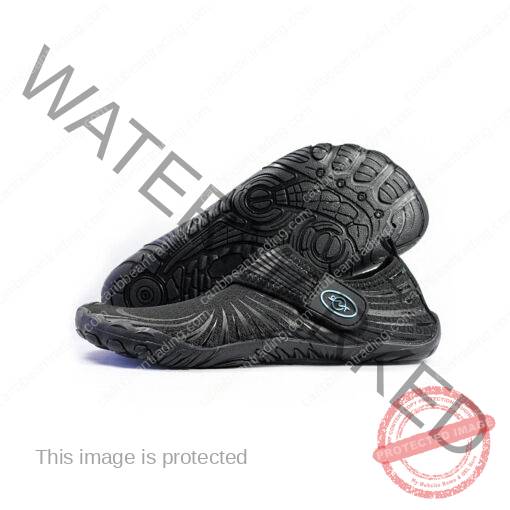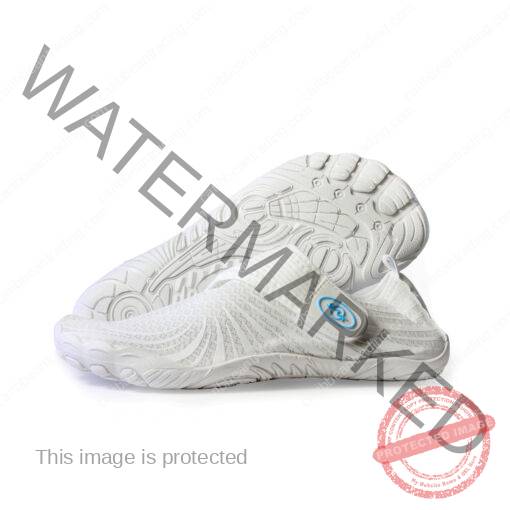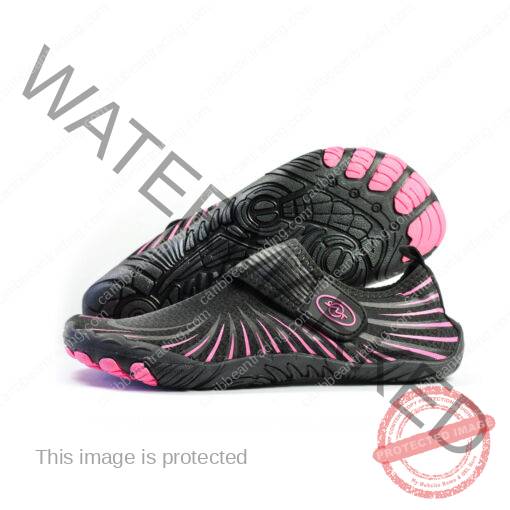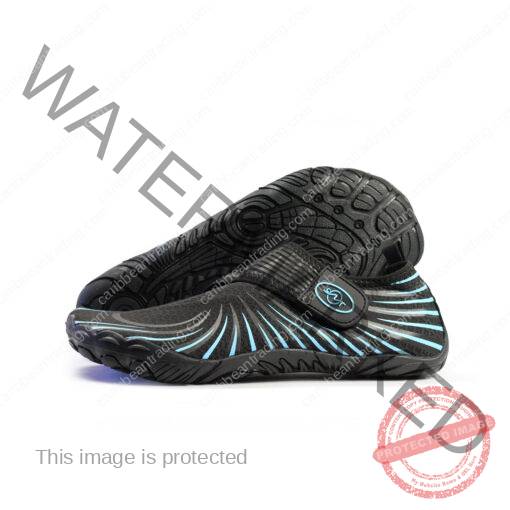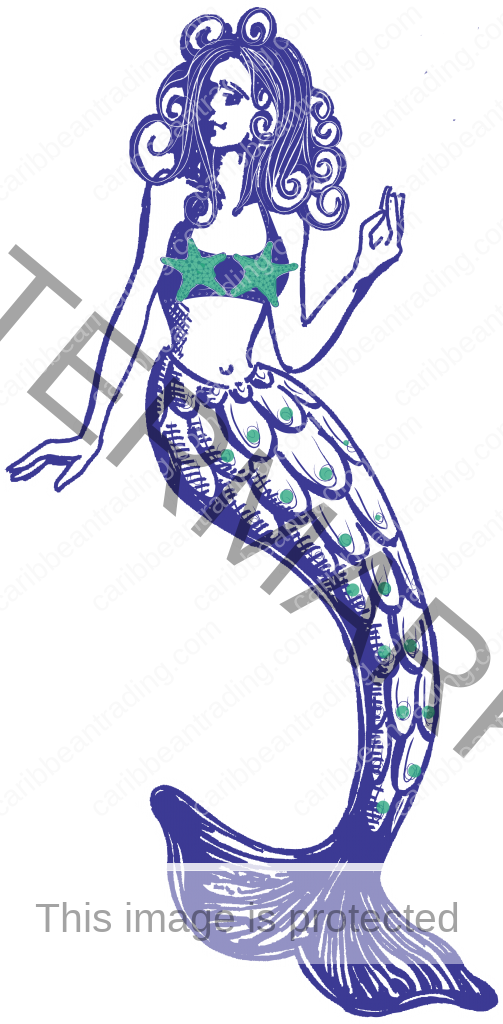Uncategorized
Essential Yacht Maintenance Tips and Equipment for Smooth Sailing
Yachting around the Caribbean — that’s the dream, right? Warm sun, crazy-blue water, little islands that look like postcards. But here’s the thing: if you want those trips to stay magical and not turn into a headache, you’ve gotta take care of the boat. No way around it.
Yacht maintenance isn’t just about making the yacht look good (though that helps). It’s also about safety, comfort, and honestly, peace of mind. Skip the basics and sooner or later something breaks when you least expect it. So, let’s walk through what really matters when you’re sailing in this part of the world.
Understanding the Caribbean Environment
The Caribbean’s warm climate and salty seawater create a beautiful yet challenging environment for yachts. High temperatures and humidity can accelerate wear and tear, while saltwater can corrode metal parts and affect the yacht’s overall integrity. Understanding these environmental factors is the first step toward effective maintenance.
The Caribbean is gorgeous, sure, but it’s also tough on yachts. Hot weather, sticky humidity, and saltwater everywhere — all of that wears things down faster than you’d think. Salt eats at metal, sun cooks fabrics, and the air itself just feels heavy. If you don’t stay on top of it, problems pile up quickly.
Hull Maintenance
Think of the hull as the yacht’s backbone. It’s constantly sitting in warm, salty water full of little critters that just love to stick to it. Barnacles, algae, whatever. Leave it too long and you’ll have a science project growing under there. That’s why so many owners head to shipyards in Florida or other places like Puerto Rico, Jamaica, for professional checks.
Anti-Fouling Treatment
Down here, anti-fouling paint isn’t optional. The water is too warm, and growth happens fast. A fresh coat once a year (or whenever the brand tells you) saves a lot of headaches.
Regular Cleaning and Inspection
Every couple of months, scrub it down and check for weak spots, especially along the waterline. That’s where junk builds up first.
How to Keep Engine and Mechanical Systems in Top Condition
The engine and mechanical systems are the heart of the yacht, requiring meticulous care to ensure reliability and performance, especially in the remote waters of the Caribbean.
Engine Maintenance
Engines are the heartbeat. If it quits, you’re stuck — and in some remote Caribbean bay, that’s the last thing you want. Keep the oil clean, swap out filters, and check belts. Use good-quality marine parts; cheap stuff won’t last long here.
Cooling System
Cooling systems? Absolutely critical. Flush with fresh water after trips so salt doesn’t clog things up. It takes five minutes and saves you from expensive repairs later.
Taking Care of Electrical Systems
Salt and electrics don’t mix well. Batteries should always be checked — charge levels, connections, the works. A bit of corrosion on a terminal can snowball fast. And when it comes to wiring, don’t cut corners. Marine-grade everything. Smear some dielectric grease on the connections and you’re golden.
Battery Care and Rigging
For sailboats, sails are like your engine. They need care. Tiny tears can become massive rips once the wind picks up, so patch things early. UV light is brutal here, so don’t leave sails baking in the sun when not in use.
Rigging needs a sharp eye too. The shrouds, stays, halyards — all of it. If something looks frayed or rusty, don’t wait. Replace it. Better safe than sorry.
The Importance of Interior Care
It’s not just the outside. The Caribbean air is damp, so mold loves creeping into cabins. Ventilation is key — fans, dehumidifiers, whatever you’ve got. Clean AC filters often. And fabrics? Mildew-resistant ones are worth every penny. Spill something? Clean it right away or the smell never quite goes away.
Deck and Superstructure
The deck takes a beating. If you’ve got teak, treat it gently. Mild soap, soft brush, no harsh chemicals. Teak sealer helps keep it looking alive instead of gray and tired. Metal parts should be rinsed with fresh water — salt eats them quick. And don’t forget the glass: marine cleaner keeps the view clear.
Must-Have Safety Equipment
Life jackets, lifebuoys, fire extinguishers — it all needs to be ready, always. No excuses. Check batteries in alarms, swap expired gear, and make sure everything’s stored where people can actually grab it in an emergency.
Anchoring and mooring gear too — chains, fenders, lines. Replace the worn ones before they snap on you in the middle of the night.
Seasonal Lay-Up and Preparation
Not using the yacht for a while? Clean it thoroughly, drain systems, winterize if needed, and cover it. Otherwise, you’ll come back to a mess. And before heading out again, run through a full checklist — fuel, safety equipment, food, water, spares.
Conclusion
Sailing the Caribbean is unforgettable, but only if the boat holds up. Regular checkups, small repairs before they get big, and a bit of extra care for the climate here make all the difference. Do that, and you’ll spend your time chasing sunsets instead of waiting for mechanics.



